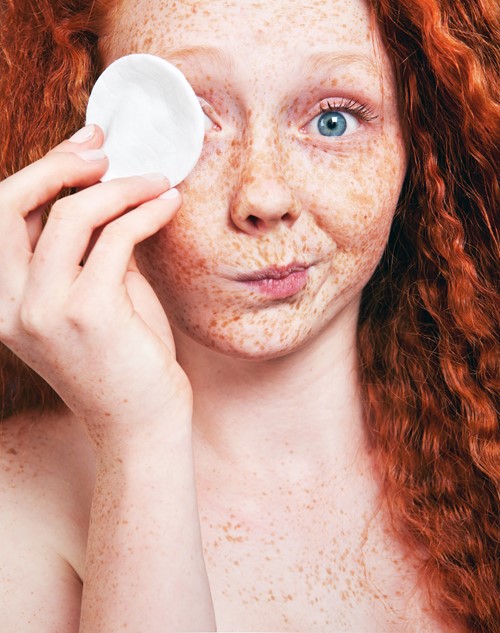Isn’t it enough that you have to juggle school life, boys and parents during puberty! When out of the blue your face erupts into an outbreak of those dreaded spots.
Healthy, glowing skin can boost your confidence and self-esteem. When your skin looks and feels good, you're more likely to feel comfortable and confident in your appearance.
Following a good skincare routine will help maintain the skins elasticity and suppleness. Proper hydration prevents dryness, flakiness, and rough patches, keeping your skin looking and feeling healthy.

Acne is a common skin condition that occurs when hair follicles become clogged with oil and dead skin cells. It can show itself as pimples, blackheads, whiteheads, and sometimes cysts. Acne most commonly affects areas of the skin with a high concentration of oil glands, such as the face, neck, chest, and back.
Teens are particularly prone to acne their bodies undergo such significant hormonal changes, including an increase in the hormones testosterone. These hormones stimulate the sebaceous glands to produce more oil (sebum), which can clog pores and contribute to acne formation.
Excess oil can mix with dead skin cells and bacteria, leading to clogged pores and acne breakouts. As oil and dead skin cells accumulate in hair follicles, they can form plugs that block the pores, trapping bacteria and causing inflammation. This process can lead to the formation of pimples, blackheads, whiteheads, and sometimes cysts.
If you have a family history of acne there is a slight chance this will increase your likelihood of experiencing acne during adolescence.
Acne can really leave you feeling low, but don’t despair with proper skincare and treatment, acne can be effectively managed and controlled.